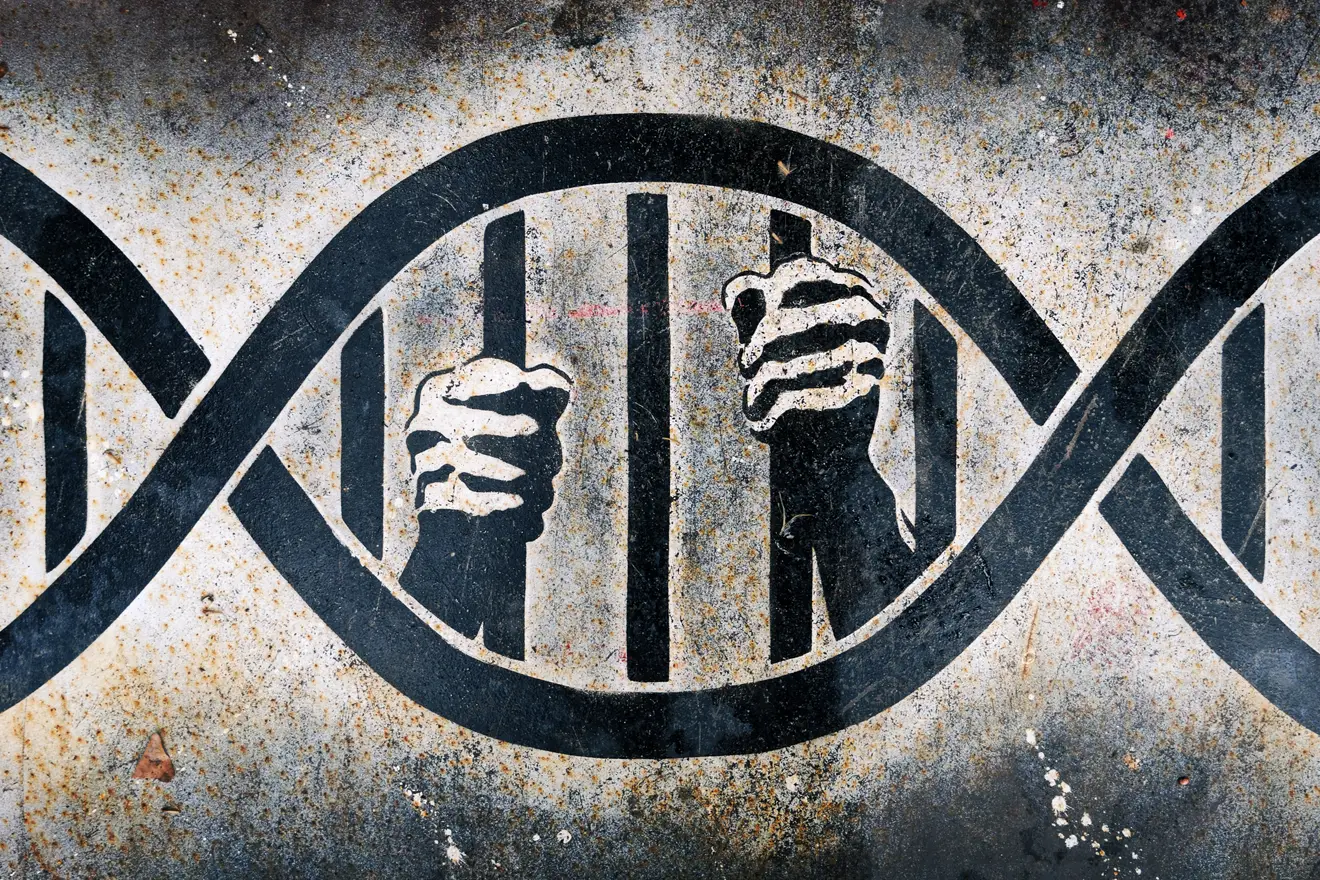How genetics affect weight training progression
Weight training results are highly individualized
Weight training is one of the only ways in which a person can substantially increase both their muscle mass and strength. Yet, despite partaking in the same activities, many individuals find themselves progressing at vastly varying rates. This discrepancy in improvement can be mainly attributed to genetic differences among individuals, the specifics of which will be explained in the following sections.
Genetic influence on weight training adaptations
Oftentimes, a person’s fitness success is predetermined by their genetic makeup. This is because numerous genes are directly responsible for how much muscle mass and strength gains an individual is capable of producing, including the speed at which these changes occur. Body composition and fat-free mass are also highly influenced by genetic factors, meaning that some people naturally hold on to less body fat than others do despite following similar diets.
Muscle-building factors
The degree to which a person can put on lean muscle mass is genetically influenced more than any other weight training adaptation. This is because the process of building muscle, known as hypertrophy, is dependent on a vast range of factors, with the most important ones being the following:
- Hormone production: various hormones, particularly testosterone, are directly responsible for the anabolic processes that facilitate muscle growth. While hormone production can be influenced by a number of variables, genetics often dictate which end of the spectrum a person’s hormone levels will reside, with low testosterone even being known as a hereditary trait
- Myostatin levels: myostatin is a protein responsible for limiting the body’s ability to put on muscle mass. This limitation of muscle growth is meant to help the body preserve energy in cases of survival, as larger muscles burn through more energy than smaller ones do. A person’s myostatin levels can widely fluctuate if they have any mutations in their MSTN gene, which is directly responsible for myostatin regulation. Individuals with low ranges of myostatin are able to put on far more muscle mass than the average person can, with professional bodybuilders often being a prime example
- Muscle fiber type proportions: type II muscle fibers (fast-twitch fibers) are largely responsible for the size and growth of a muscle. Certain muscle groups, such as the four quadriceps muscles, are naturally composed of a higher percentage of fast-twitch fibers than slow-twitch fibers (type I). Additionally, men often possess a higher ratio of fast-twitch fibers than women do
- Bone mineral density: bones that have a high mineral density are stronger than those that do not. If an individual’s bones are not sufficiently dense, muscle growth can be negatively impacted. This is because the bones must be strong enough to support the muscle’s weight and contraction strength (which pulls on the bones)
Strength and power factors
Considering that, generally speaking, a larger muscle is a stronger muscle, many of the genetic factors that affect an individual’s ability to gain muscle will also impact their ability to gain strength. However, there are a few key genetic variables that can greatly advantage or disadvantage the body’s capacity to grow stronger, including, but not limited to:
- ACTN3 gene: the ACTN3 gene is vital to the production of alpha-actinin-3, a protein closely correlated with an individual’s fast-twitch muscle fiber proportions. As the name would suggest, fast-twitch muscle fibers are able to contract rapidly, the importance of which is that muscle power adaptations are based entirely around explosive movement. Those with defective ACTN3 genes will consequently have fewer fast-twitch muscle fibers, a hindrance that will greatly reduce their ability to perform the explosive muscle contractions that are crucial for moving heavier weights
- Neural genes: while muscle strength is closely related to muscle size, neural adaptations are ultimately responsible for a great deal of strength gains. Certain genes, such as PEX14, TFGA, and SYT1, have been shown to be responsible for this mind-to-muscle communication. Variations among these (and many other) genes could help explain why some individuals have a far greater potential to build strength than others do
Body composition factors
The way in which genetics can impact one’s body is blatantly apparent in day-to-day life. By comparing any two people, it’s easy to see variations in height, muscularity, body fat distribution, vascularity, limb proportions, etc. While some of these traits can be altered through lifestyle changes, others are almost entirely determined by one’s genetic makeup.
Although body composition can be influenced by a seemingly endless list of variables, hormones are undoubtedly the most consequential. The hormones that most significantly impact body composition include, but are absolutely not limited to:
- Sex hormones: testosterone and estrogen are considered the two main sex hormones. While both clearly contribute to the development of the reproductive system, they also have a major influence on body composition. While testosterone is largely responsible for how much muscle mass a person can accumulate, estrogen plays a significant role in the body’s storage of adipose (fat) tissue
- Hunger hormones: ghrelin and leptin are the hormones responsible for controlling one’s hunger. While ghrelin induces the feeling of hunger, leptin causes the feeling of fullness. The fluctuation of these hormones directly affects a person’s appetite. Interestingly, obese individuals often have high levels of leptin and low levels of ghrelin, supporting the idea that obesity in these individuals may primarily be the result of leptin resistance
- Metabolic hormones: innumerable hormones affect how the body metabolizes and regulates energy. Insulin, thyroid hormone (T3 and T4), and growth hormone are well-known examples of such metabolic regulators. Abnormal concentrations of any of these hormones can lead to an excessively fast metabolism or an unnaturally slow one. While a fast metabolism can make it incredibly hard to build or retain muscle mass, a slow metabolism can make it nearly impossible to lose weight
Genetic potential
Although the influence that genetics may have on an individual’s weight training progress is understandably immense, genetics alone don’t outweigh the importance of proper training and diet. In fact, there are likely millions of people with stellar genetics who disregard weight training entirely, leaving their potential forever untapped.
Despite the fact that some people undeniably have it easier than others in the gym, hard work does not go unrewarded. While the thought of having poor muscle- or strength-building genetics can be disheartening, it is impossible for one to gauge their potential without first putting in the time and effort to learn how to challenge their body effectively.







